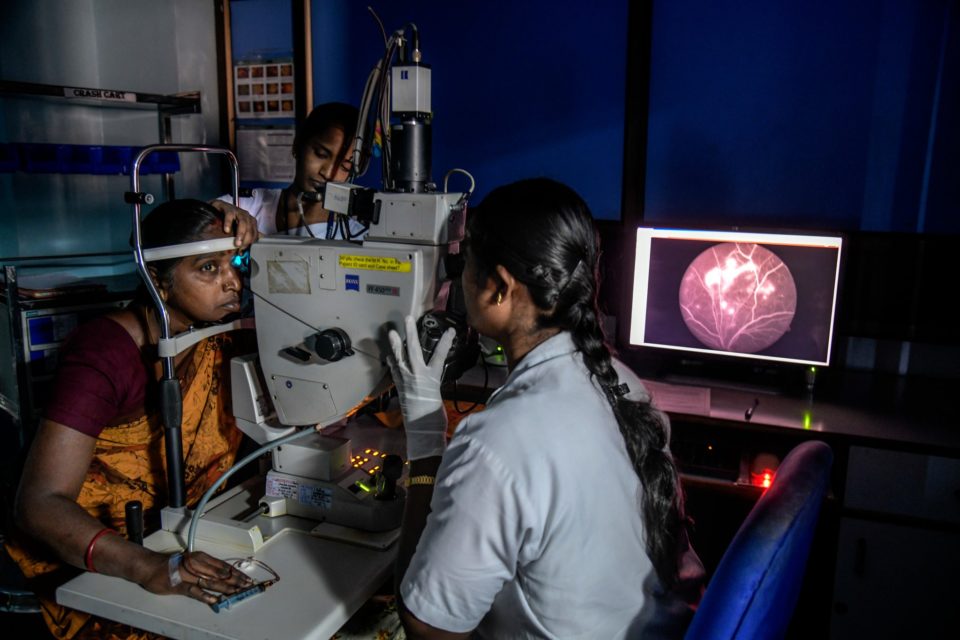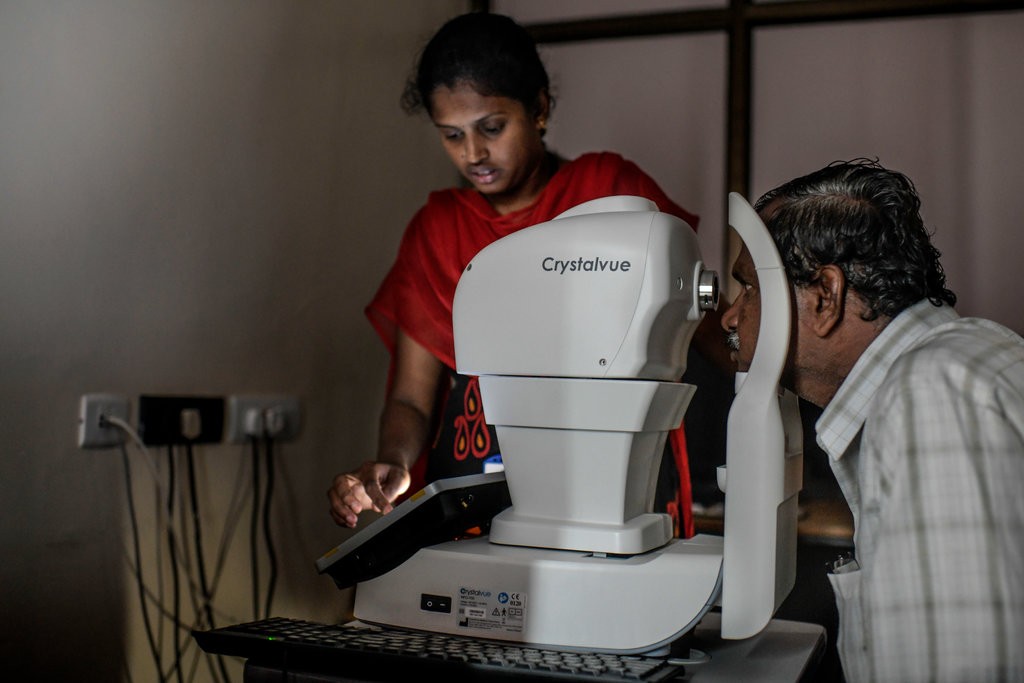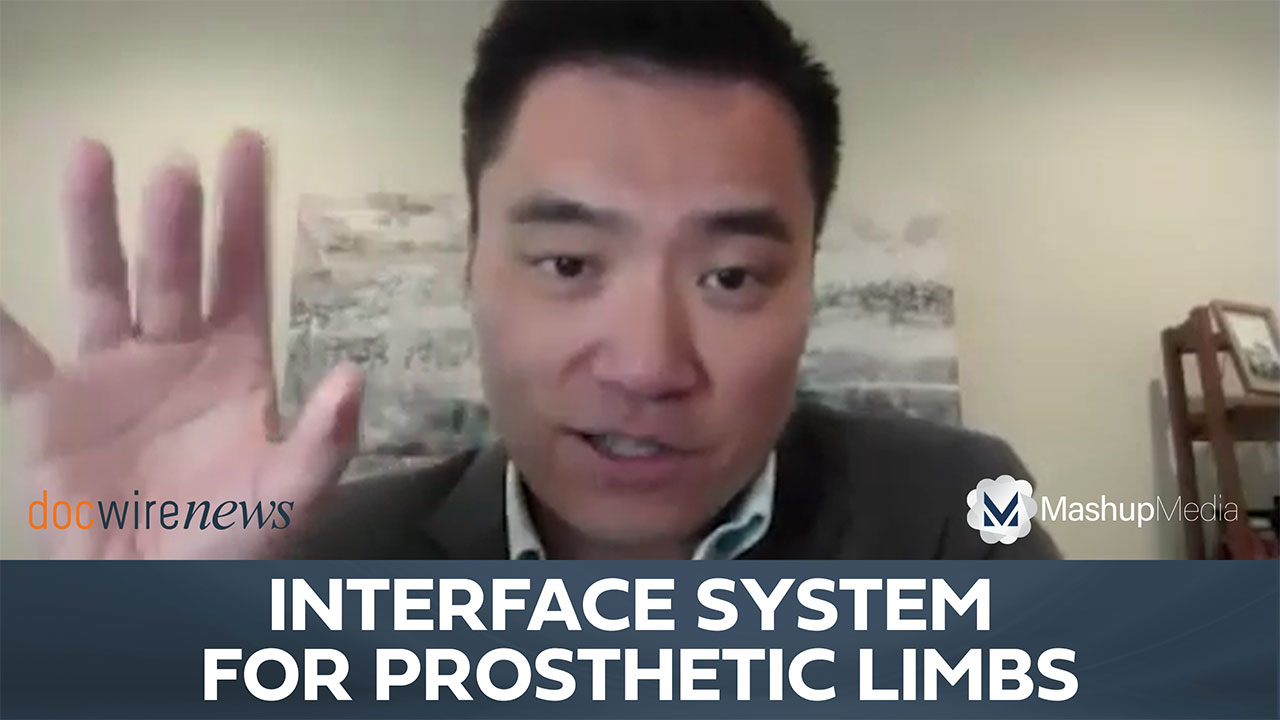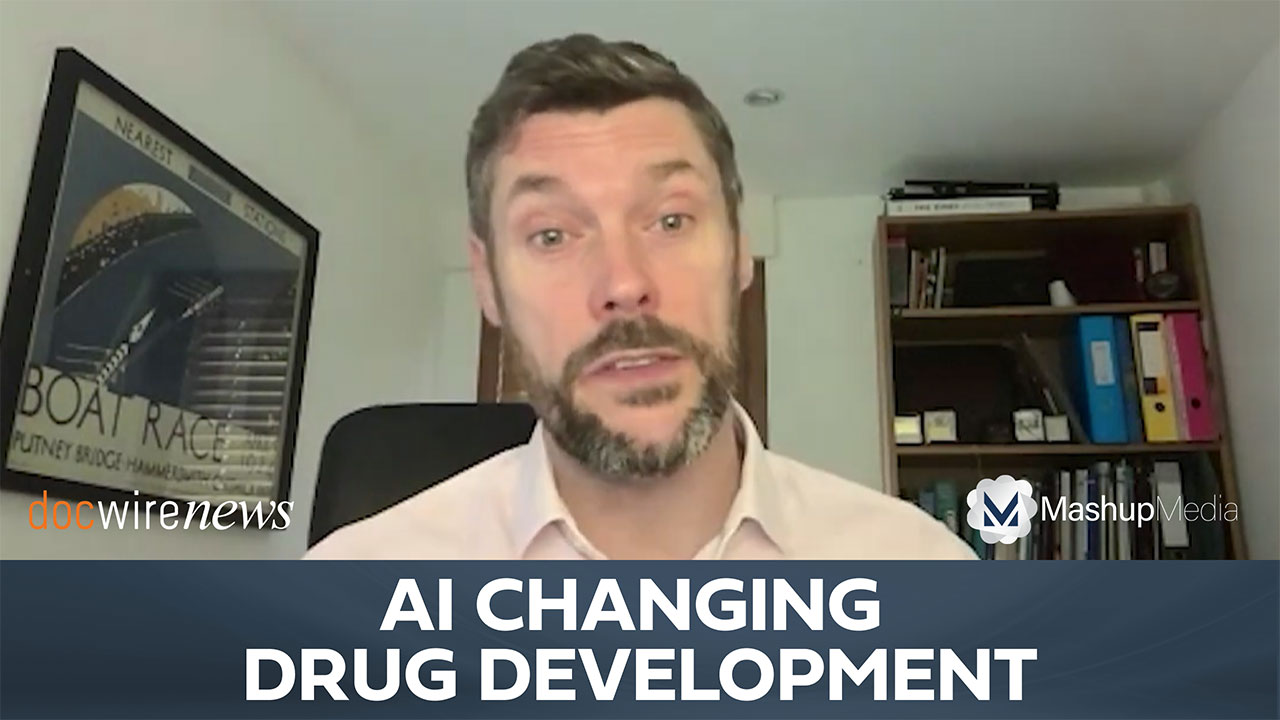
Google and Verily are using AI to screen patients for diabetic retinopathy (DR) and diabetic macular edema (DME), two diseases that can cause blindness. The two have the goal of implementing an automated screening system in professional health settings that can detect disease earlier in its progression and increase access to screenings.
Verily is an independent subsidiary of Alphabet, and focuses on research in the life sciences field. The company has been working with Google to conduct international research showing that the AI system can assess images for disease as well as health care professionals. Specifically, the two have been focusing their research on patient’s at Aravind Eye Hospital in Madurai, India.
The 43-year-old hospital provides surgical treatment to patients free of cost, and over 2,000 people flock to the hospital daily. Google and Verily have provided Aravind with the AI-diagnostic technology for free, and the hospital has been using it to automate the process of detecting these degenerative eye diseases. Most clinical settings around the world utilize trained physicians to make these diagnoses by examining the patient’s eyes for lesions and abnormalities, but by leveraging this automated system Aravind is attempting to facilitate the diagnostic process.
Google and Verily targeted these specific eye diseases due to their prevalence and because they are easily detected by an AI system. The researchers are hopeful that the system will allow physicians to screen a greater number of patients in a country that shows high prevalence of such diseases. The World Health Organization reports that almost 70 million Indians are diabetic, and all are at risk of blindness resulting from diabetic retinopathy. Unfortunately, India does not have enough trained doctors to properly screen all of these diabetic patients for eye disease, with the International Council of Ophthalmology estimating the country to have only 11 eye doctors for every one million citizens.

Govindappa Venkataswamy, the founder of Aravind who passed away in 2006, had a vision for a network of hospitals and vision centers that function similar to a fast food franchise, providing reproducible eye care for citizens across the country. There are currently over 40 Aravind centers in India.
Aravind has plans to install Google’s AI technology in villages surrounding Madurai as well, providing the diagnostic tool to small populations with few if any eye doctors. If successful, the system could greatly expand the number of diabetics being screened for eye disease.
“By integrating Verily and Google’s retinal diagnostic program into our screening process, we can improve our efficiency, giving physicians like myself more time to work closely with patients on treatment and management of their disease while increasing the volume of screenings we can perform,” said Dr. R. Kim, chief medical officer and chief of retina services at Aravind Eye Hospital.
Similar to the IDx-DR diagnostic system previously covered on DocWire, Google’s AI system was trained using many images of retinopathies to familiarize it with signs of disease.
READ MORE: Pr3vent Receives Funding for AI-System Diagnosing Newborn Eye Disease
Trained physicians can often make a diagnosis when analyzing a patient with cataracts and eye scans that produce blurred images. The Google system still struggles with these imperfect images, however, being that it was trained using clear images of the retina. Google is exploring the use of lower-quality images in training the system so that it can analyze these blurry scans.
Verily’s algorithm helps prevent eye disease in India https://t.co/6qjW3iLjks #MachineLearning #AI
— Mark Edwards (@markmizu) February 25, 2019
Sources: New York Times, CNET







 © 2025 Mashup Media, LLC, a Formedics Property. All Rights Reserved.
© 2025 Mashup Media, LLC, a Formedics Property. All Rights Reserved.